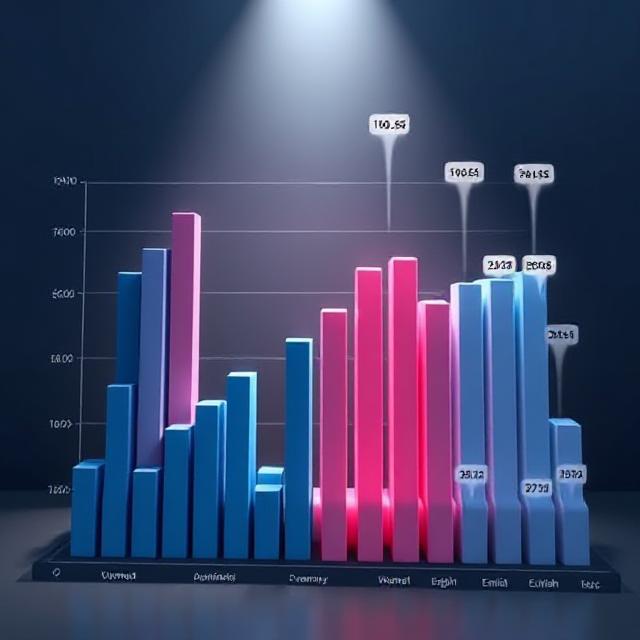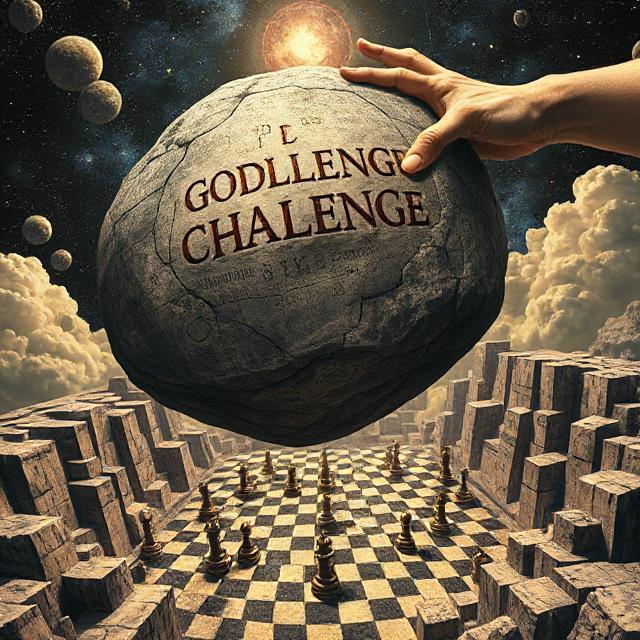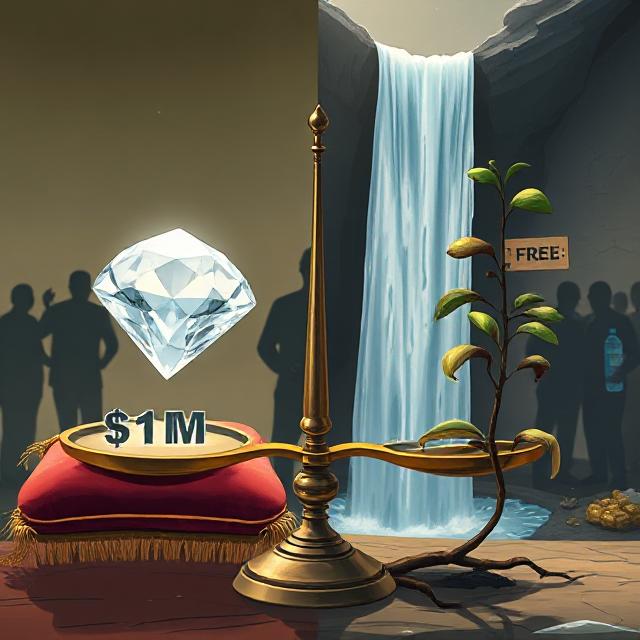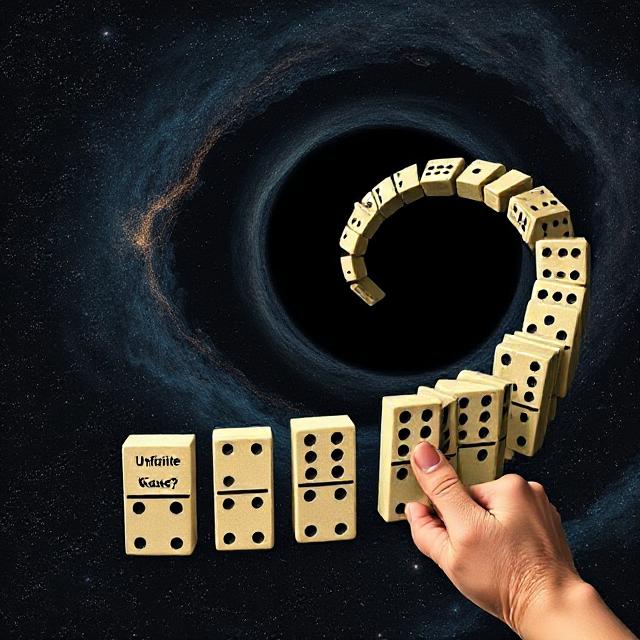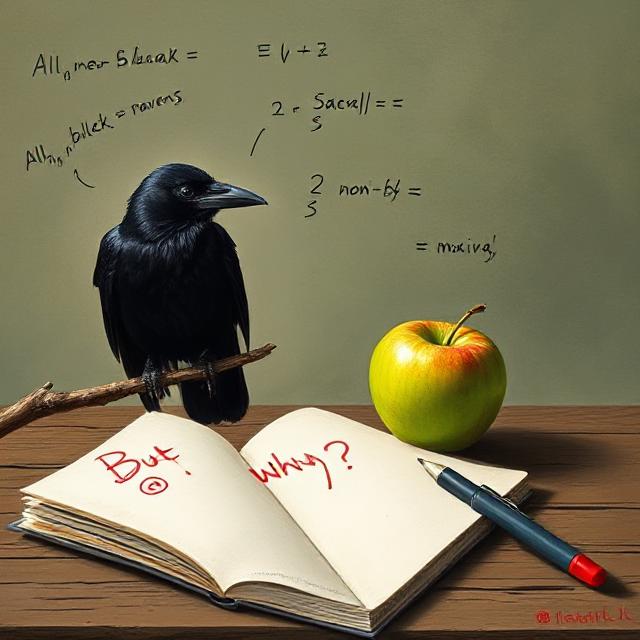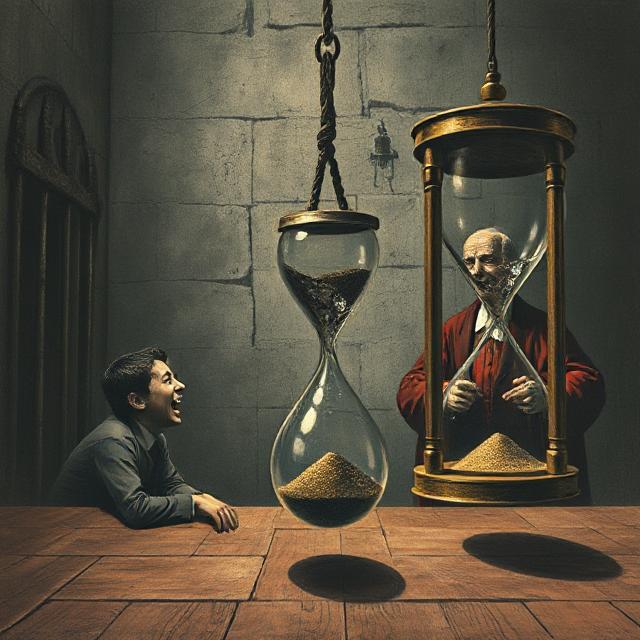Your cart is currently empty!
Paradoxes & Dilemmas: Exploring the Limits of Logic and Choice
Table of Contents
Paradoxes & Dilemmas Define the Fault Lines of Philosophy
Paradoxes & dilemmas are not simply puzzles for the mind—they are cracks in the foundations of reason. Where traditional logic draws lines, paradoxes blur them. Where ethics demands clarity, dilemmas expose conflict. These moments of contradiction are not mistakes in thought; they are invitations to think deeper.
This page explores how paradoxes and dilemmas fuel philosophy. They are not detours from truth—they are how philosophy confronts its own edges.
What Are Paradoxes & Dilemmas?
Paradoxes are situations where valid reasoning leads to contradictory or impossible conclusions. They reveal hidden flaws in how we define concepts, use language, or assume truth. Some are logical, some metaphysical, and some psychological—but all force us to question the structure of our thought.
Dilemmas, on the other hand, are situations with no clean solution—where any choice violates something we hold dear. Moral dilemmas, legal dilemmas, and existential dilemmas test how we prioritize conflicting principles.
Together, paradoxes & dilemmas are the raw material of philosophy. They strip away comfort and expose the limits of clarity and control.
Logical Paradoxes: When Reason Turns on Itself
The Liar Paradox
“This sentence is false.”
If true, it is false. If false, it is true. This simple loop defies binary logic, illustrating that some statements defy classification. Philosophers use it to explore the limits of truth, reference, and self-reference.
Russell’s Paradox
If we define a set as “the set of all sets that do not contain themselves,” does it contain itself? This contradiction collapsed naive set theory and led to entire revolutions in mathematics and logic.
Zeno’s Paradoxes
Zeno argued that motion is impossible because one must traverse an infinite number of halfway points to reach a destination. Though mathematically resolved through calculus, the paradox still inspires debate about the nature of infinity, space, and time.
The Barber Paradox
In a village, a barber shaves everyone who does not shave themselves. So who shaves the barber? If he shaves himself, he doesn’t. If he doesn’t, he must. It shows how simple rules can create logical impossibilities.
Each paradox acts like a philosophical pressure test—revealing contradictions in how we define truth, action, and identity.
Famous Dilemmas: Moral Reasoning Under Pressure
The Trolley Problem
A runaway trolley is headed toward five people. You can pull a lever to redirect it onto another track, killing one person instead. Do you act? This classic ethical dilemma pits utilitarian logic (save more lives) against deontological ethics (do not cause harm).
Euthyphro’s Dilemma
Is something good because the gods command it, or do the gods command it because it is good?
Either answer challenges the idea of divinely grounded morality. If goodness is independent, then divinity isn’t the source of morality. If dependent, then morality becomes arbitrary.
The Prisoner’s Dilemma
Two accomplices are interrogated separately. If both remain silent, they receive light sentences. If one betrays, they go free while the other suffers. If both betray, both suffer. The dilemma shows how rational self-interest can lead to collective ruin.
Buridan’s Ass
A donkey stands exactly between two identical bales of hay. Unable to choose, it starves. The dilemma critiques pure rationality by showing that decision-making requires more than logic—it demands intention or bias.
Why Paradoxes & Dilemmas Matter in Everyday Life
Though often abstract, paradoxes and dilemmas occur in daily experience:
- You seek honesty but lie to protect a friend.
- You value freedom but depend on structure.
- You want certainty, but life insists on ambiguity.
We live through paradoxes: loving people who hurt us, believing in free will while shaped by biology and society, wanting peace while preparing for conflict. Dilemmas arise constantly: work vs. family, truth vs. kindness, justice vs. mercy.
Engaging with paradoxes & dilemmas cultivates philosophical resilience—the ability to think deeply without needing immediate resolution.
Eastern Philosophy and the Embrace of Paradox
While Western thought often treats paradox as an error, Eastern traditions have embraced it as a method.
Zen Koans
Koans are paradoxical statements or questions that defy rational analysis, such as:
“What is the sound of one hand clapping?”
They are not meant to be solved, but to exhaust the thinking mind and provoke insight beyond dualistic logic.
Daoist Contradiction
The Dao De Jing teaches that opposites are interdependent:
“Being and non-being give rise to each other.”
Paradox here is not a flaw—it is a fundamental structure of reality. In contrast to Aristotelian logic, Daoist thought often accepts both/and rather than either/or.
In this way, paradoxes & dilemmas are not just intellectual games—they’re spiritual tools that train the mind to endure contradiction.
Cognitive Dissonance: The Psychology of Paradox
Modern psychology reveals how the mind handles contradiction. Cognitive dissonance occurs when our beliefs, values, or actions conflict. This tension motivates people to change their beliefs or rationalize their behavior.
- A smoker knows smoking is harmful but continues.
- A leader preaches transparency but hides decisions.
Rather than resolving paradoxes, the mind often suppresses them. Philosophical training, however, teaches us to remain inside the dissonance—to observe it, hold it, and let it shape thought.
Real-World Applications of Paradoxes & Dilemmas
- Law
Judges face dilemmas between precedent and fairness, legality and justice. - Politics
Leaders must balance individual rights with public good, liberty with security. - Technology
AI must be logical but sensitive to human values. Can a machine be ethical without becoming contradictory? - Medicine
Doctors must balance autonomy with intervention—e.g., respecting a patient’s refusal of treatment that could save them.
Understanding paradoxes & dilemmas sharpens critical thinking across all disciplines.
Learning to Live With Paradox
Paradoxes aren’t always problems. Sometimes they reveal something deeper: that the world resists simple definitions.
We are both individual and social.
We seek truth and comfort.
We are finite and infinite.
Dilemmas remind us that right and wrong are not always clean-cut. They expose the moral tension of real life, where harm cannot always be avoided and good comes with cost.
To study paradoxes & dilemmas is to grow not in certainty—but in philosophical courage.
What’s Next?
Explore more on Dillon’s Tips:
- [Ethics & Morality] — to delve into value theory and frameworks for moral decision-making.
- [Psychology of Belief] — to see how belief systems form and survive contradictions.
- [Comparative Religion] — to trace how different faiths reconcile the paradoxes of the sacred.
Join our [Monthly Topic Series] to explore new paradoxes in depth, or browse our [Philosophy Notebooks] to track your own unresolved dilemmas.
Final Reflection
Paradoxes & dilemmas are not interruptions to philosophical progress—they are its very heartbeat. They are reminders that thinking is not just about answers, but about encountering the complexity of being.
They show us where our logic folds in on itself, and where our morality breaks into silence. And in these moments, we glimpse the strange beauty of what it means to be human.
